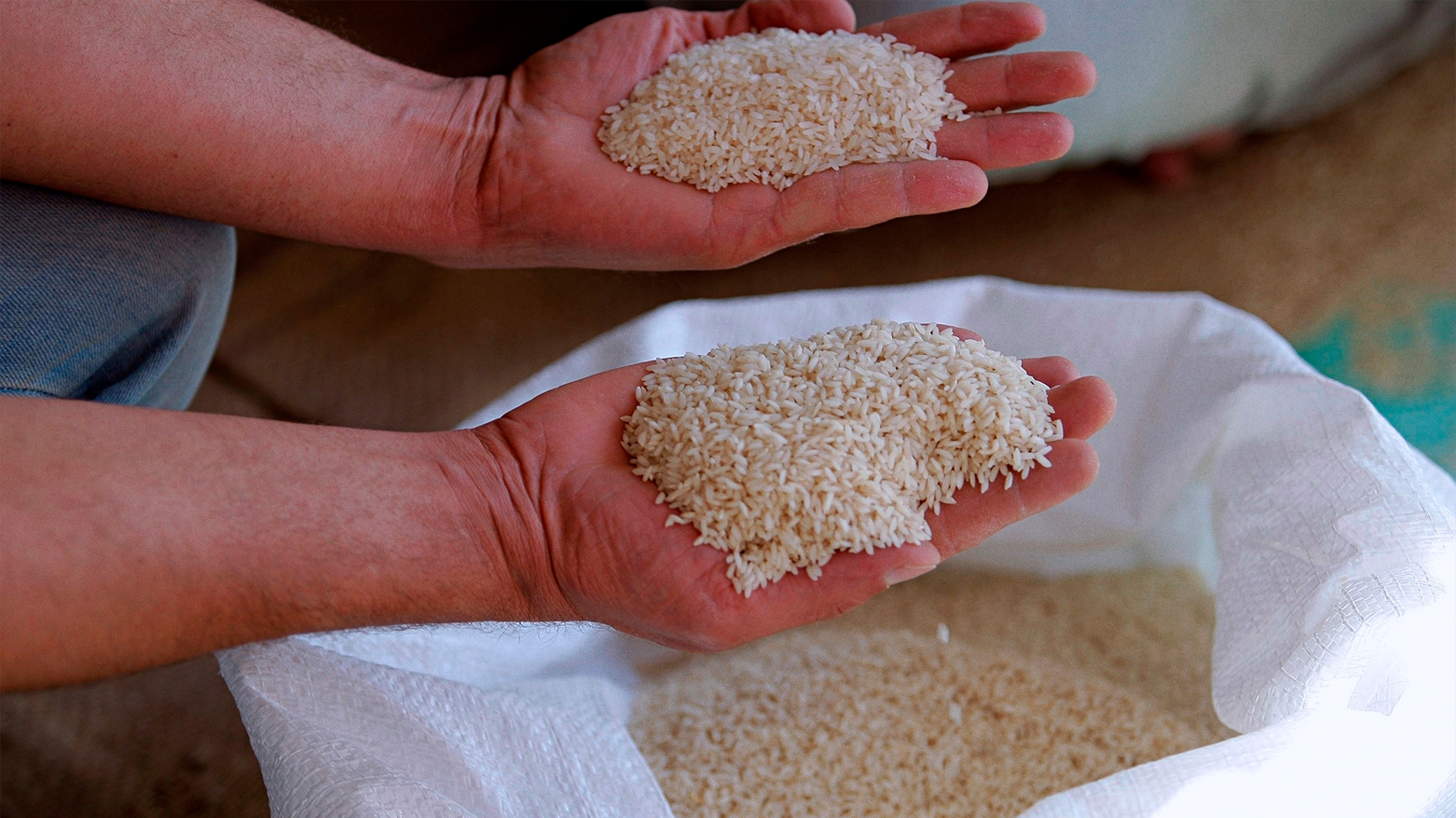Well Water Restriction Slashes Rice Yields in Duhok, Spurs Agricultural Reform
The restrictions are part of a broader KRG policy to ensure the long-term sustainability of groundwater resources while encouraging agricultural practices that align with the region’s evolving climate conditions.

By Kamaran Aziz
ERBIL (Kurdistan24) – Despite a notable decline in rice cultivation this season, the broader trajectory of the Kurdistan Region’s agricultural sector remains one of resilience and growth, underpinned by ongoing government initiatives to modernize, regulate, and promote sustainable farming practices.
In an exclusive statement to Kurdistan24, Ahmed Jamil, Director of Agriculture in Duhok, revealed on Tuesday that 19,095 dunums of land have been planted with rice this year. While the projected yield matches the cultivated area—19,095 tons—it represents a significant drop compared to last year’s figures, when 24,836 dunums yielded an equal tonnage.
This year’s reduction in cultivated area and output is directly linked to environmental and regulatory factors.
Jamil confirmed that the Ministry of Agriculture and Water Resources of the Kurdistan Regional Government (KRG) issued a written directive prohibiting the use of well water for rice irrigation.
“The ministry has informed us in writing that well water should not be used for irrigating rice fields,” Jamil stated. Furthermore, he added, “This year, planting rice in Amedi is prohibited due to low rainfall, and well water should not be used for any crop in any way.”
The restrictions are part of a broader KRG policy to ensure the long-term sustainability of groundwater resources while encouraging agricultural practices that align with the region’s evolving climate conditions. Although these necessary regulations have resulted in a drop in rice production for 2025, they highlight the government’s proactive approach to resource management.
Over the past few years, the Kurdistan Region has witnessed a significant agricultural revival. Through strategic investments, increased domestic production, and enhanced marketing channels, the KRG has transformed the sector into a key component of its economic diversification strategy. Programs promoting local produce, farmer education, and mechanized farming have steadily improved both yield quality and market access.
While the decline in rice production is a temporary setback, officials and agricultural experts see it as a necessary step in the broader evolution of Kurdistan’s agriculture—one that prioritizes long-term viability over short-term gain.
The government’s decisive action on water conservation underscores its commitment to responsible stewardship of natural resources in a region often vulnerable to drought.
In light of these challenges, the continued engagement of the KRG in supporting farmers, adapting crop plans, and investing in irrigation infrastructure remains vital.
Even with reduced output in specific sectors like rice, the overall narrative is one of growth, modernization, and resilience—hallmarks of a booming agricultural future in the Kurdistan Region.